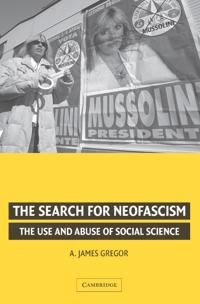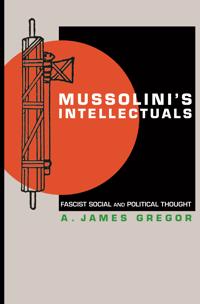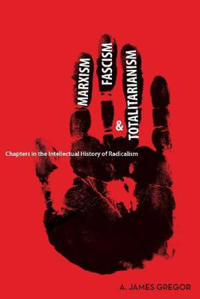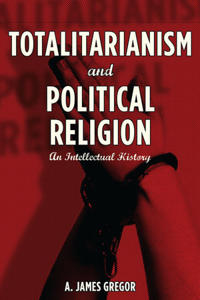The Search for Neofascism (Pocket)
avA. James Gregor
ISBN: 9780521676397 - UTGIVEN: 2006-04A study of the informal logic that has governed the half-century of academic writing devoted to what has been generally identified as 'neofascism', together with a careful assessment of those political movements and regimes considered the proper objects of inquiry. The intent of the study is both pe[...]
Mussolini's Intellectuals (Häftad)
avA. James Gregor
ISBN: 9780691127903 - UTGIVEN: 200607Fascism has traditionally been characterized as irrational and anti-intellectual, finding expression exclusively as a cluster of myths, emotions, instincts, and hatreds. This intellectual history of Italian Fascism - the product of four decades of work by one of the leading experts on the subject in[...]
Marxism, Fascism, and Totalitarianism (Häftad)
avA. James Gregor
ISBN: 9780804760348 - UTGIVEN: 200901This work traces the changes in classical Marxism (the Marxism of Karl Marx and Friedrich Engels) that took place after the death of its founders. It outlines the variants that appeared around the turn of the twentieth century - one of which was to be of influence among the followers of Adolf Hitler[...]
Totalitarianism and Political Religion (Inbunden)
avA. James Gregor
ISBN: 9780804781305 - UTGIVEN: 201202The totalitarian systems that arose in the twentieth century presented themselves as secular. Yet, as A. James Gregor argues in this book, they themselves functioned as religions. He presents an intellectual history of the rise of these political religions, tracing a set of ideas that include belief[...]






